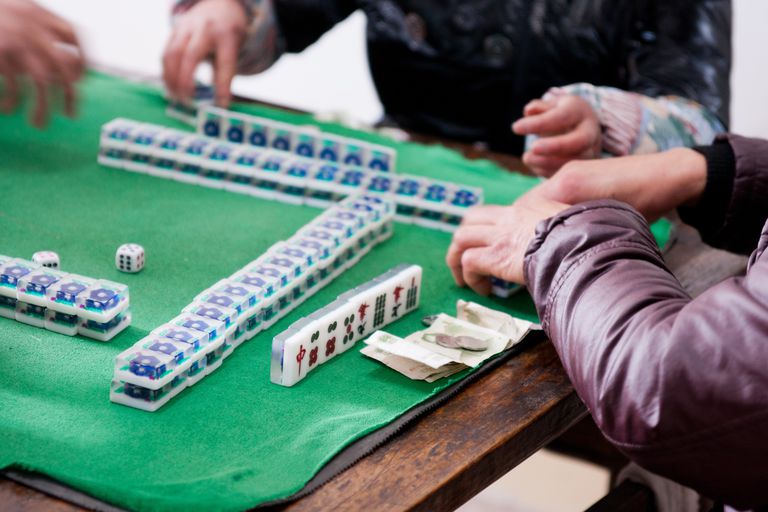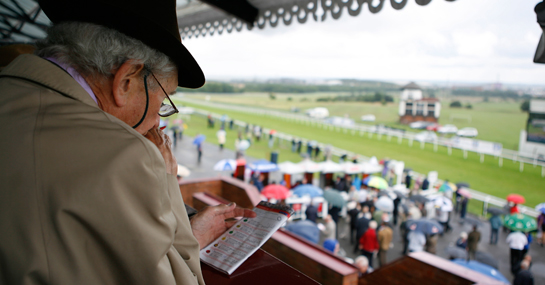- Playing mahjong and horse betting can actually lessen your risk of having dementia.
- According to a study in Hong Kong, those who are often involved in intellectual activities will have a lesser risk of dementia, compared to those who engage themselves in too many passive activities.
Wonder how your mahjong and horse betting hobbies may help you?
In a recent study conducted by a group of researchers in Hong Kong, it was found out that playing mahjong and betting on horse racing, which are the two most common intellectual past times in Hong Kong, can actually help decrease dementia.
Dr. Allen Lee Ting-chun, one of the researchers and an assistant professor at the Chinese University of Hong Kong’s department of psychiatry, stated that “The most significant finding of this study is that engagement in intellectual activities in late life might be useful in delaying or preventing the onset of symptoms of dementia,”
The study was conducted from 2005 to 2012, with the statistical analysis made from 2015 to 2016. It was found out that in more than 15,000 Hong Kong citizens aged 65 or older, those who were free from dementia engaged in more varieties of leisure activities at the beginning of the study that those who developed incident dementia. A large amount of those leisure activities includes intellectual activities like reading, playing mahjong, board and card games as well as betting on horse racing.
67% of those participants showed no symptoms of dementia participated in intellectual activities while the remaining 50.7&, who showed such symptoms, didn’t.
The proportion of participants engaging in social activities – such as going to social gatherings, participating in voluntary work or meeting relatives and friends – as well as recreational activities, including watching television or shopping, was however not significantly different between the two groups.
“This finding suggests that choosing the right kind of activity appears to be more important than engaging in various non-intellectual activities in preventing dementia,”
Elderly Commission chairman Dr Lam Ching-choi, also an adviser to Chief Executive Carrie Lam Cheng Yuet-ngor in the Executive Council, stated that the study was a good reference to the city with its large sample size and the long observational period.
“Elderly people should be encouraged not to engage in too many passive activities … but instead, activities that are more engaging, stimulating and also challenging in places such as community centers,”






